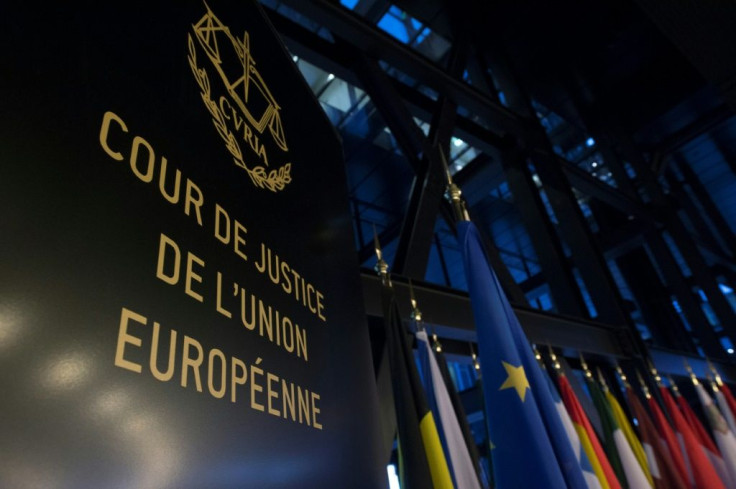Poles With Swiss Franc Mortgages Await Key EU Ruling

Like hundreds of thousands of other Poles, 42-year-old Piotr Zientala anxiously awaits a crucial EU court ruling Thursday on the legality of Swiss franc mortgages which could determine his financial future.
On the other side, economists warn that if the European Court of Justice (ECJ) decides in favour of borrowers mired in debt, a flood of lawsuits could prove very costly for the banks and the Polish economy.
Zientala recalls that when he decided to buy a family apartment in 2008, he had hoped to acquire a mortgage in the Polish zloty currency, "but my bank, where I'd been a customer for 10 years, said no."
"They then proposed a loan in Swiss francs. The bank advisor used figures and charts to convince me that it was beneficial and risk-free for me," he told AFP.
But six months later, the Swiss franc exchange rate was soaring, from 2.03 zloty to over three. By 2015, it topped five zloty.
"So I stopped paying," Zientala said.
Today the Swiss franc is at around four zloty. A decade after he took out the mortgage, Zientala still owes 600,000 zloty (137,000 euros, $150,000) -- or double what he borrowed initially.
'Unfair terms'
"I discovered unfair terms in my contract so am now suing my bank," Zientala said.
In such foreign currency loans, the banks were notably able to freely reset the franc rate and did so as the Swiss unit, a traditional investor safe haven, rose sharply, leaving borrowers struggling to repay their loans.
The ECJ rules Thursday on a loan taken out by the Dziubak family in Poland.
If the Luxembourg-based court affirms the opinion delivered by its advocate general in May, the family would be free to decide the fate of their mortgage.
The Dziubaks could choose to keep the mortgage on its current terms, terminate it, or convert it into Polish zloty but at the original rates, which were of course much lower than the ones today.
Such a ruling would delight thousands of Poles but make creditors grind their teeth, as banks could lose anywhere between 40 and 60 billion zloty, according to industry estimates.
Held hostage by one's home
Drawn in by the very low interest rates on offer and a then strong zloty, around 700,000 Polish households took out loans in foreign currency between 2000 and 2012.
But the 2008 global economic crisis and Switzerland's 2015 decision to remove the cap on its currency saw the value of the Swiss franc double vis-a-vis the zloty.
Many borrowers found themselves in big trouble, according to Marek Rzewuski, an official from an association of those people who have sued banks over the mortgages.
"Some of the individuals with Swiss franc loans opened their eyes, realising that they were holding a very dangerous financial product and ran the risk of personal bankruptcy," he told AFP.
They understood "that they will no longer be able to pay off their debt and that the debt exceeds the value of their whole estate, not just that of their apartment."
Today, around 500,000 of the loans remain, or about 20 percent of all of Poland's mortgages, for a total assessed at over 100 billion zloty.
Zientala feels stuck: "I'm being held hostage by my apartment, because I can't sell it. The sale wouldn't cover the debt."
While the ECJ verdict will directly only affect the Dziubak family, Rzewuski said that judges tasked with similar cases will now have a precedent for how to proceed.
Economists worry that the ruling could affect the entire banking sector and the Polish economy, currently the fastest growing in Europe.
"Under a pessimistic scenario, the banks could lose around 50 billion zloty whereas the sector's annual profits are to the tune of 15 billion zloty," said economist Witold Orlowski.
"Certain banks could go bankrupt," he told AFP.
"To avoid a banking crisis and to stabilise the sector, the state should bail out the banks with taxpayer money."
© Copyright AFP 2024. All rights reserved.




















